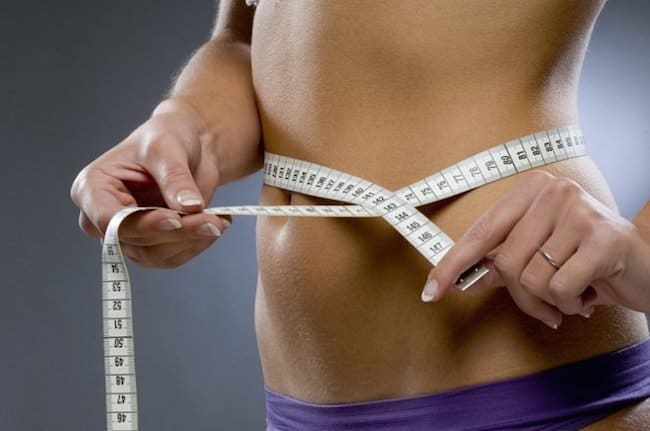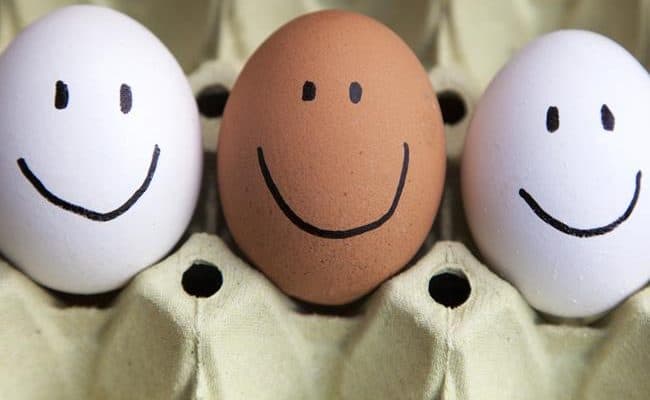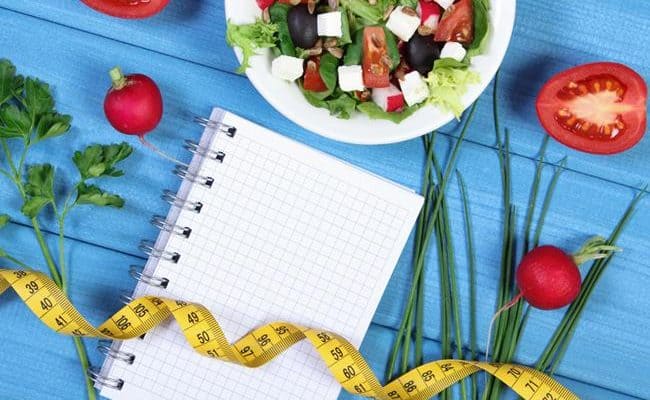
Many dieters know from experience that the last 5 pounds you want to lose are often the most difficult. After conscientiously cutting calories and hitting the gym with vengeance, it is common for weight to drop at a satisfying rate, particularly if you have a lot to lose. However, as you lose more, it is normal for weight loss to plateau out, leading to frustration as you hover to close to your goal but can’t quite get there.
To lose weight, you must be consuming less calories than you are burning. To begin with, if you bump of your exercise and make an effort to eat healthily, this will usually be achievable. However, as you lose weight, the energy (calories) that your body requires is reduced as you no longer have such as great body mass. This means that you need to cut your calories further, or burn off more to keep up the same rate of weight loss.
Is it worth it?
If you have lost a substantial amount of weight, and are struggling with a few final pounds, it might be worth reassessing your goal weight. If you fall into the healthy weight range for your height, or even if you are slightly above this range, but healthy and feeling good, it may be better to focus on maintaining this weight, rather than desperately trying to drop those last pounds.
If you have found a healthy diet and exercise regime that you think you can maintain in the long term, then it is probably better to stick to it, as further reductions in calories or manic gym sessions may be unsustainable and make you miserable, leading to regain of the weight in the long term.
It is important to remember that losing weight is only half the battle. Many people lose weight on a diet, but far fewer keep this weight off. Remember that weight changes are also gradual, so don’t become obsessive with weighing yourself all the time. It is much better to weight yourself weekly, so small fluctuations, that are perfectly normal, do not ruin your motivation.
How to drop the last 5 pounds
For some people, a few pounds over their goal may not be a big deal; however, if you feel that those extra pounds will make a big difference to your health or self esteem, here are some tips to help you on the way to your ideal weight.
Increase exercise
To drop those last few pounds, you will have to eat less or burn more calories. Increasing exercise duration is one way to do this, however, this does not necessarily mean you have to spend hours on end slogging it out in the gym or take up marathon running.
Studies have suggested that shorter periods of higher intensity exercise may be more beneficial in burning calories, so try varying the intensity of your workout using interval training as an alternative to increasing the time you spend exercising.
To increase your energy expenditure, you could also try a more efficient calorie burning activity. Walking for example burns far less calories than a spin class, or even walking up hills for the same duration, so by picking a form of physical activity that burns more calories than you have done previously you may be able to drop a couple more pounds.
Remember that any form of physical activity burns calories, so try to up your incidental exercise as well as your planned sessions. Walking up stairs instead of taking the lift, cycling to work or cleaning the house all contribute to how many calories you burn.
Reduce portion sizes
If you are already making low calorie and fat choices in regards to food and are not sure how to reduce your calories further, take a look at your portions. Even if you are eating the right types of food, if your portions are too large you will still gain weight.
Look at recommended serve sizes on packets and calories per serve and then measure out your portion according to this suggested serve size. It is very easy to eat large portions of foods such as breakfast cereals, pasta and rice without realizing how many ‘suggested’ serve sizes and calories you are actually consuming. Weighing and measuring portions makes you more aware of this and less likely to overeat.
To avoid hunger when reducing portion sizes, try to increase portions of foods that are low in calories, such as vegetables, to fill you up.
Be more aware of hidden calories
Added fats and sugars are not always obvious in what we eat, particularly if you are eating food you are not preparing yourself. Salad dressings, spreads and sauces all add calories, so ask to avoid high fat mayonnaises and oil based dressings, sweet sauces and fatty spreads such as butter and margarine where possible.
When you are cooking at home, try to use low fat cooking methods such as dry frying, grilling or steaming, or cook with the minimum oil possible and choose a healthy option such as olive or canola oil.
Drinks are also a sneaky source of calories that are easily forgotten when dieting. Many commercially prepared drinks such as large coffees or smoothies contain as many calories as a meal. Avoid very big drinks with syrups, milk and added sugar and stick to smaller versions, unsweetened with a little milk to taste. Avoid drinking smoothies, milkshakes, fruit juices and soft drinks to quench your thirst and choose water instead.
Measure up
While the scales may seem to be stuck a few pounds above your goal weight, remember that if you have increased your exercise levels you are likely to have gained muscle mass, which in fact weighs more than fat.
For this reason your goal weight may no longer be appropriate. An alternative to weight for gauging weight loss is to take body measurements or even judge by your dress size or if a pair of pants fit. Although the change may not be apparent on the scales, you may find you now fit into a smaller clothes size or have lost an inch off your waist, which are all signs your regime is still successful.
Record your food intake
Even when you are conscientiously following a diet, little sources of calories can often sneak in unnoticed. Things like a biscuit at morning tea or a couple of handfuls of peanuts at a party are okay occasionally. However, if they become an unconscious habit, these types of behaviours can not only stop you losing those last few pounds but also make it difficult to maintain the weight you have lost.
By writing down what you are eating daily, you are increasing your awareness of just how much, what and when you are eating, so you can knock any bad habits on the head before they affect your weight loss.










